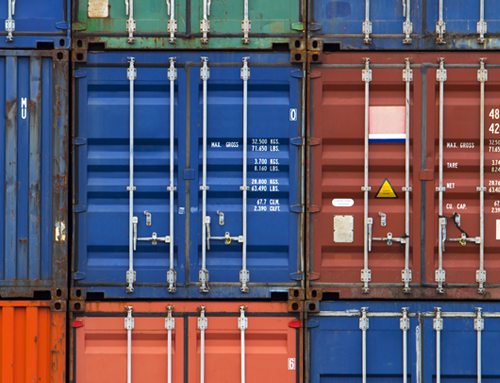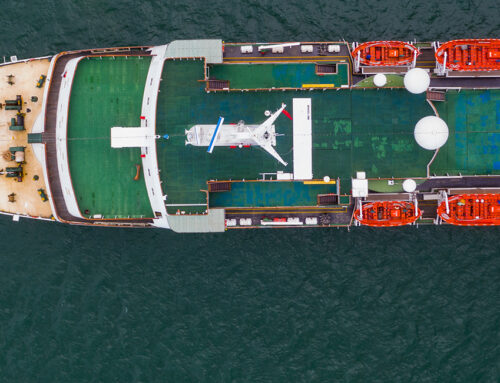The Cargo Letter [445] reports that representatives from the two largest U.S. freight forwarder associations (the Airforwarders Association and the National Customs Brokers & Forwarders Association of America) support the TSA’s mandate to implement 100% cargo inspection of air cargo carried in passenger aircraft but warn that the costs will be prohibitive for small- and medium-sized forwarders and seek Congressional money.
This story will seem familiar to readers here in Canada; in the last two years I have used speaking opportunities to remind forwarders that 100% inspection is an inevitable given the current climate, as is the gradual tightening of most other security programs. The costs are likely to drive many smaller forwarders from the market. Hopefully, we can follow a bit behind the US on this issue, and take the opportunity to learn from their successes and avoid their failures.
-Gavin Magrath
” ***Small Forwarders Face Belly Threat …… as representatives from the 2 largest U.S. freight forwarder associations told U.S. lawmakers this month that their members support the Transportation Security Administration’s efforts to meet a mandate for 100% told U.S. lawmakers this month that their members support the Transportation Security Administration’s efforts to meet a mandate for 100% inspection of cargo placed in the bellies of passenger planes, but warned many small forwarders may be forced to leave the market. To participate directly in the TSA’s Certified Cargo Screening Program, forwarders — legally referred to by federal aviation security regulators as Indirect Air Carriers (IACs) — must invest in scanning equipment that’s substantially more robust than that used to scan passenger baggage. “Forwarders participating in CCSP must purchase technology for which the cost may range from US$150,000 to US$500,000 per facility — a price tag that cannot be met by most small & medium-size forwarders,” said Brandon Fried, executive director of the Airforwarders Assn., in testimony before the House Homeland Security Committee’s subcommittee on transportation security & infrastructure protection. “As a result, they will face delays at the airport for cargo screening, causing them to miss flights & lose revenues,” he added. There are more than 4,000 registered IACs involved in the air cargo industry, most considered small to medium-size enterprises. Both the Airforwarders Association and National Customs Brokers & Forwarders Assn. of America called on Congress to appropriate funding in fiscal 2010 to help offset the cost for small to mid-sized firms to self-examine cargo within the TSA’s Certified Cargo Screening Program.”
The Cargo Letter is published by the Countryman + McDaniel Law Offices:
http://www.cargolaw.com/




